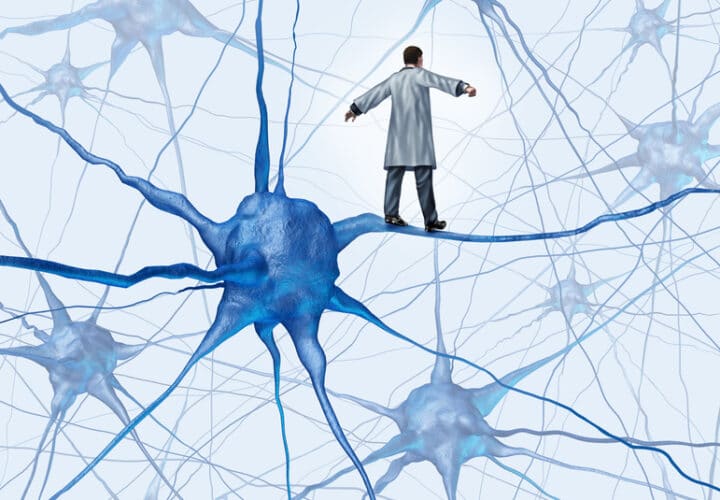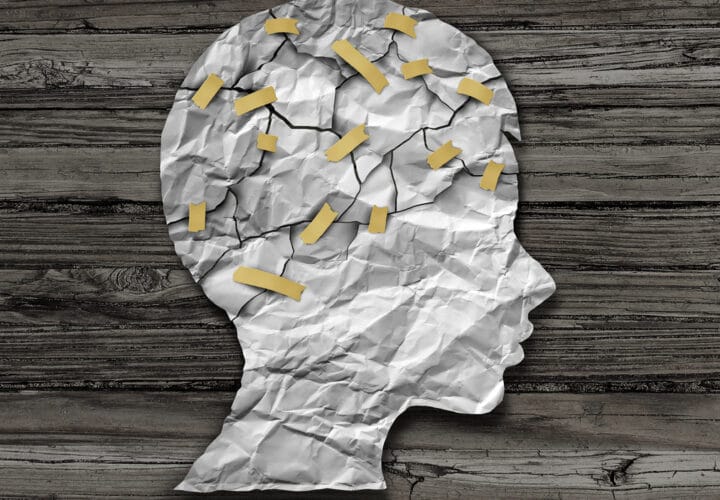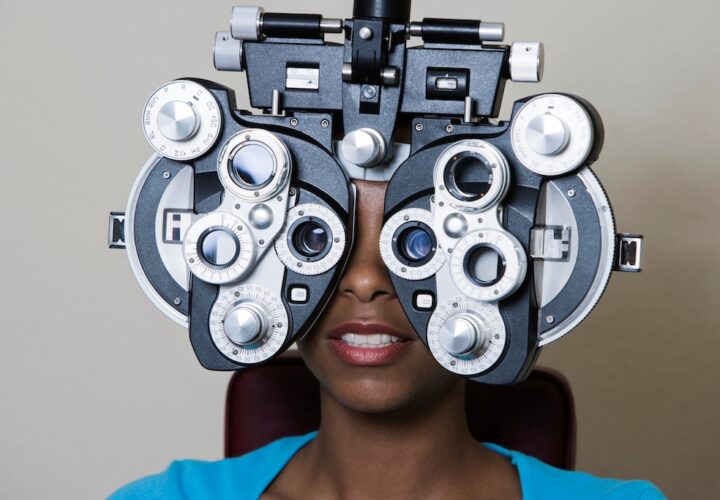Scientists highlight that targeting amyloid early on in patients’ progression of Alzheimer’s is key to treating the disease effectively.
By the time a patient gets diagnosed with Alzheimer’s, the accumulation of beta-amyloid, the protein scientists believe causes the disease, has already started to slow down. Alzheimer’s starts happening in the brain decades earlier than symptoms start to show, and a new study has found that treatments to stop or slow the onset of Alzheimer’s would need to take place long before most patients get a diagnosis.
University of California Berkeley scientists Stephanie Leal, Ph.D., and William Jagust, M.D., along with their colleagues, studied healthy men and women between the ages of 61 and 88 for five years. When they looked at the brain scans of participants, they saw that even almost undetectable levels of beta-amyloid foreshadowed future levels of tau, another protein associated with Alzheimer’s. The researchers found that memory loss was the last change caused by Alzheimer’s, after the two proteins accumulated in participants’ brains. Those who had higher beta-amyloid levels at the beginning of the study had a faster accumulation of the protein over time, but that eventually slowed, which is around the time that patients started showing memory loss, said the authors.
If Alzheimer’s can be slowed down, the study authors say the earliest possible detection is needed. Given that most diagnoses happen when the patient begins to experience memory loss late in life, it’s clear that a more accurate and widespread test is needed. Diagnostic methods like blood tests that can detect Alzheimer’s, the polygenic risk score and eye scans for Alzheimer’s disease are in the works, but the researchers working on them are unsure when they’ll be ready for consumer use, predicting it will take anywhere from three to six years. Right now, the only people with access to tests like these are those who are enrolled in clinical trials.
Even in what’s known as preclinical Alzheimer’s, or the time before patients have symptoms, the beta-amyloid accumulation has already started to decline, suggesting the final stages of the disease are actually when we first start to notice symptoms, said the researchers. “Thus, it is crucial to examine older adults early, before amyloid levels have saturated, to intervene to slow disease progression,” they wrote.
This study was published in the journal JNeurosci.



Thank you for giving this info. My regular exercise consist of 4 hrs per week of line dance plus 2 hours on treadmill or stationary bike. My age is 73 and in good health. (Previous surgeries are 2 knee replacements, hip replacement, and wrist surgery. My precious mother died of Alzheimer, and her sister of Parkinson’s. Have cousin diagnosed with Alzheimer’s now. Should I be tested now, or perhaps increase exercise…plus word puzzles and such? Thank you for taking time to me. Please respond.
Hi Peggy,
Thanks for your comment! We are sorry to hear about your mom and sister and will continue thinking of you and your family. We believe aerobic exercise (e.g. walking, dance or tai chi) is beneficial for the brain, along with a healthy diet like the MIND diet. Before you consider getting tested for Alzheimer’s, we would recommend getting a genetic counselor. You can learn more information in this article about the pros and cons of genetic testing for Alzheimer’s: https://www.beingpatient.com/alzheimers-genetic-testing/.